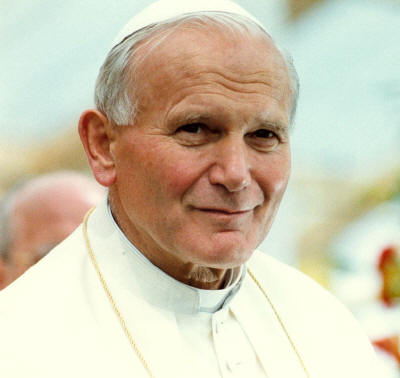Dives in misericordia (Rich in Mercy) by Pope John Paul II 30 November, 1980
And yet, it would be difficult not to notice that very often programs
which start from the idea of among individuals, groups and human
societies, in practice suffer from distortions. Although they continue
to appeal to the idea of justice, nevertheless experience shows that
other negative forces have gained the upper hand over justice, such as
spite, hatred and even cruelty. In such cases, the desire to annihilate
the enemy, limit his freedom, or even force him into total dependence,
becomes the fundamental motive for action; and this contrasts with the
essence of justice, which by its nature tends to establish equality and
harmony between the parties in conflict. This kind of abuse of the idea
of justice and the practical distortion of it show how far human action
can deviate from justice itself, even when it is being undertaken in the
name of justice. Not in vain did Christ challenge His listeners,
faithful to the doctrine of the Old Testament, for their attitude which
was manifested in the words: An eye for an eye and a tooth for a tooth."
(Matthew 5:38) This was the form of distortion of justice at that time;
and today's
forms continue to be modeled on it. It is obvious, in fact, that in the
name of an alleged justice (for example, historical justice or class
justice) the neighbor is sometimes destroyed, killed, deprived of
liberty or stripped of fundamental human rights. The experience of the
past and of our own time demonstrates that justice alone is not enough,
that it can even lead to the negation and destruction of itself, if that
deeper power, which is love, is not allowed to shape human life in its
various dimensions. It has been precisely historical experience that,
among other things, has led to the formulation of the saying:
summum ius, summa
iniuria.
This statement
does not detract from the value of justice and does not minimize the
significance of the order that is based upon it; it only indicates,
under another aspect, the need to draw from the powers of the spirit
which condition the very order of justice, powers which are still more
profound.
[My thanks to Father Paul Berghout for drawing my attention to this quotation KP]
